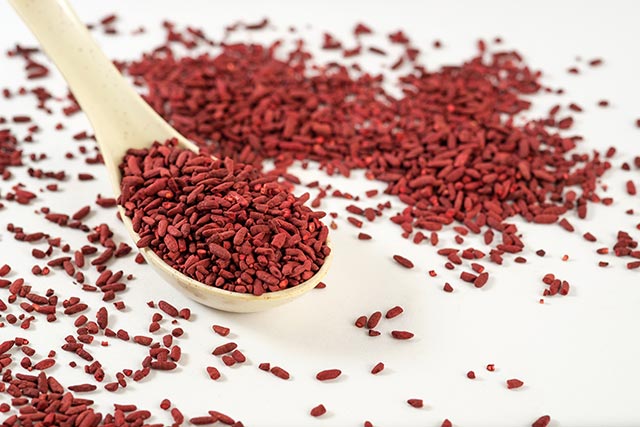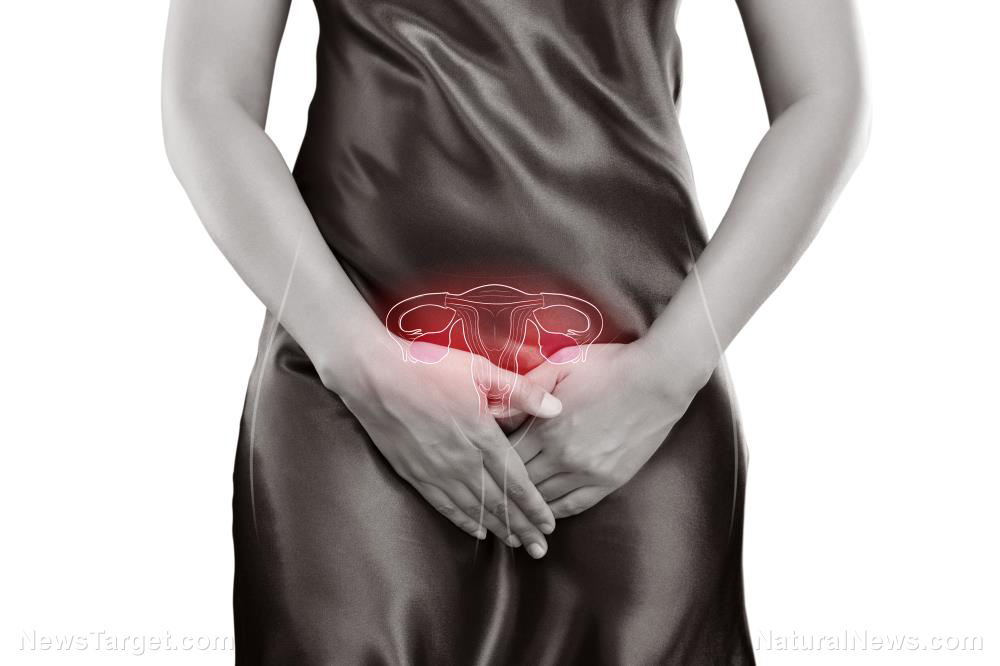Vitamin C reduces time spent in the ICU, researchers find
06/10/2019 / By Edsel Cook

People who end up in the intensive care unit of a hospital can shorten their expensive and uncomfortable stay thanks to vitamin C. In a recent meta-analysis, Australian and Finnish researchers found that supplementing with two grams of the vitamin each day could speed up the recovery of patients by a considerable margin.
They drew data from earlier clinical trials that showed vitamin C supplements brought many health benefits to patients. These benefits appeared to enhance overall health with particular improvements in metabolism.
Previously observed benefits of vitamin C include normalized blood pressure, fewer occurrences of atrial fibrillation, reductions in broncho-constriction and pain, and faster recovery from colds. Vitamin supplementation also improved glucose levels in patients diagnosed with Type 2 diabetes.
Dr. Harri Hemila of the University of Helsinki and her colleague at the University of Sydney, Dr. Elizabeth Chalker, paid particular attention to the effect of vitamin C on the length of hospital stays. They observed that many hospitalized people suffered from low levels of the vitamin.
Hospital patients often suffer from low blood levels of vitamin C
Vitamin C deficiency is quite prevalent in ICUs. Hemila and Chalker cited a study of elderly patients confined to a hospital due to acute respiratory infections. The vitamin plasma levels in one out of every three patients measured less than 11 micromoles per liter. Those low levels made patients vulnerable to scurvy.
“One study in a hospital in Paris reported that 44% of patients had vitamin C plasma levels less than 6 ?mol/L,” they reported. “Another survey, of patients with advanced cancer in a hospice, found that 30% had blood vitamin C levels less than 11 ?mol/L.”
Mother Nature's micronutrient secret: Organic Broccoli Sprout Capsules now available, delivering 280mg of high-density nutrition, including the extraordinary "sulforaphane" and "glucosinolate" nutrients found only in cruciferous healing foods. Every lot laboratory tested. See availability here.
Based on the results of that study, Hemila and Chalker felt that hospitals should screen the vitamin C levels in the blood of the patients whenever possible. If a patient displays dangerously low levels, he or she needs vitamin supplements.
A daily intake of 0.1 g of vitamin C will be enough to maintain normal plasma levels in healthy people. However, critically ill patients will need much larger amounts to bring their plasma levels up to the same range as healthier individuals. As a result, patients in the ICU may need to take up to four grams of vitamin C each day to make up for their metabolism.
Taking vitamin C supplements shortens the stay in the ICU
For their meta-analysis, the Helsinki-Sydney researchers pored over the results of earlier controlled trials with vitamin C supplements. They evaluated the potential benefits of supplementation on critically ill patients.
They identified the clinical trials pertinent to their study and analyzed the length of time that the participants stayed in the ICU. They found that vitamin C supplementation shortened ICU confinement by an average of 7.8 percent.
Also, some of the trials showed that daily doses of vitamin C could speed up ICU stays by up to 8.6 percent. They determined that two grams of vitamin C could achieve these accelerated recoveries.
“In three trials in which patients needed mechanical ventilation for over 24 hours, vitamin C shortened the duration of mechanical ventilation by 18.2%,” Hemila and Chalker reported. “Given the insignificant cost of vitamin C, even an 8% reduction in ICU stay is worth exploring.”
The researchers recommended additional research on the effects of vitamin C on ICU patients. They also brought up the need to find the best treatment protocols for the vitamin.
Several meta-analyses of common cold studies indicated that the response to six- and eight-gram doses of vitamin C and the duration increase in a linear fashion. Hemila and Chalker suggested looking into the dose-response of ICU patients to more than two grams of vitamin C.
Sources include:
Tagged Under: alternative medicine, emergency medicine, healing, Hospitals, ICU, metabolism, natural cures, natural medicine, nutrients, prevention, remedies, supplements, vitamin C



















